Sanjana Sanghi made her acting debut with Imtiaz Ali’s Rockstar back in 2011 at the age of 13. It has been 13 years ever since and she has dabbled with a variety of roles in her career so far.
In an EXCLUSIVE interview with Firstpost’s Lachmi Deb Roy, the actress opened up on her journey in Hindi cinema, the idea of essaying more matured characters, and the role of women changing in cinema with actresses like Vidya Balan and Taapsee Pannu.
Edited excerpts from the interview
I want to know your journey in the entertainment industry. You have improved tremendously as an actor, from your first film to now as a craftsman. What do you have to say about the journey, the difficulties, ups and downs?
Loaded question. Honestly, now that I’m 27 now, and when I look back to when I first set foot on a film set in the most unexpected way, which was when I was 13 on Imtiaz Ali’s Rockstar, I remember just feeling so much passion and love for something in a way that I had never felt before. And being from a regular family in Delhi, I never knew what shape that love could take. I, of course, felt so grateful that I was selected as Mandy and Rockstar, and that gave me that opportunity. And then I couldn’t have imagined that life would pan out the way it has. Then as my phase two as a leading actor started after I graduated from college and grew up, it’s just been one incredible opportunity after the other.
Dil Bechara was a dreamy way to begin. And then to headline a film with Pankaj Tripathi, to do an ensemble film with Ratna Pathak Shah, Dia Mirza, to do an action film with Adi (Aditya Roy Kapur). It’s all been so diverse. And I think that’s really allowed me to push myself and to figure out what my areas of strength are, what are the areas where I really like to go deeper and maybe even the storytelling that doesn’t appeal to me. And I feel like your initial years are a lot about that, to take opportunities that come your way and then decipher for yourself. What is it that you revel in? What is it that you don’t enjoy so much? And hopefully, given the fans, things that they would like to hold on to in the process.
Games
View AllAnd if you would have to say that you want to change something, what would it have been, the process, or do you want it to remain just the same?
That’s always an impossible question to answer in hindsight, because you only know your life through your perspective, right? And the way I’ve been born and brought up, the way my parents have been, it’s always just been, put your head down and keep working. So the training of the way I’ve been made to conduct my life has never been to look right or left or, because then you can trip, then you can fall, you can get distracted. So honestly, I wouldn’t change anything for the simple fact that my story had to be written this way. I truly believe that. And I wouldn’t be the artist I am today. I wouldn’t be driven by the things I am driven by today if it weren’t for every failure and victory, as cliché as that sounds. But I think after doing a lot of inner work, I’ve actually come to realize that. So I’ve had to work really hard for every opportunity. But I think each moment of hardship just builds character in a way that when you’re young, you don’t realize, but as you grow up, you become very grateful for.
Did you think that your career would pan out this way the way it has? And what is it that you’re looking ahead for? Where do we see you five years down the line?
No, I mean, as artists, I don’t think any creative individual that you ask will be able to tell you that they would be able to think that it would pan out like this. We are always thrown into situations where so many things are beyond our control. The only thing in our control, for example, an actor, is literally what I do in between action and cut. Everything else is upon a producer, a director, co-actors. So being a control freak doesn’t help, honestly, while you’re a creative individual in entertainment. You have to be someone who’s open to going with the flow. For example, I couldn’t have ever predicted that Dhak Dhak would get such an overwhelming response on OTT. That’s not something you can write down in a book. Neither could I have predicted that for Dil Bechara or for Kadak Singh. You just do the work And then you just cross your fingers. And also, I’ve never been a five-year plan person, so I have no answer for you on where I see myself five years down the line, because five years ago, I couldn’t have ever predicted that I’ll be four or five films down as a leading actor, having learned so much, experienced so much, and getting the opportunities I am today.
On cinema changing, what are your expectations? Do you think what is it the way cinema has changed and women’s roles are changing? It’s no more ornamental. I’ve never seen you in a vulnerable role.
(Laughs) Lachmi, you would want to rethink that? What is Kizzie Basu in Dil Bechara? What is Sakshi in Kadak Singh? They’re highly vulnerable girls.
Like Killer Soup, a role that Konkona did, or maybe a role which had a lot of grey in it. When do we get to see you in layered roles like that? Do we get to see you in roles where you play a little matured person?
Yeah, I think you hit the nail on its head. I actually don’t even… I’ve yet never even played my own age. I’m 27 years old. I’ve never played more than 21. And I think that’s just every director, every producer I work with, that’s just to do with the fact that I have a baby face.
And there was a time when I used to feel frustrated. I’m a bit frustrated about that, maybe a little bit, because I have emotionally, in terms of Sanjana’s EQ and experience, reached a place of a 27, 28-year-old, right? Yes. So you want to bring forth those emotions on screen. But I have to work back on thinking about what I used to feel like six years ago or five years ago. So to your point, I would love to play my age. I would love to play a grown up, mature woman. And luckily, the next film that I’m doing, I am getting to that. I am coming to that. Good for me. I’ve been actively seeking that out because even just as an artist, It’s a desire that’s been churning within. So for sure, that is happening for sure. And I think there will be so much joy in that, to be able to feel the emotions I feel in reality and actually portray them on screen. That will definitely be a really, I feel, a juicy journey.
On women’s role changing
That is the most liberating to see. I grew up watching Vidya Balan for example or Taapsee Pannu alter the narrative, with The Dirty Picture or Kahaani or Mulk or Badla. The way women were being portrayed has evolved. My contemporaries have got to bear the fruit of that. My character Kizzie Basu was so rid of vanity and be so completely rid of a typical Bollywood film. For a studio to make a film with a newcomer is such a huge leap. In Dhak Dhak, there were four women leading the film belonging to four different age groups with no stereotypical representation, so I feel personally grateful. I have never known how it feels to be an ornament.
How did the journey of associating with UNDP start for you?
My journey of being honored with the title of Youth Champion for UNDP India has been the culmination of a decade long journey of commitment through multiple projects, campaigns and associations in the social impact space, with a clear and specific purpose on youth empowerment via the motive of education for all. This appointment has given my dreams of an undefeatable, empowered youth force in India wings to turn into reality, as with the muscle power and immense thoughtfulness the UNDP team comes in with, we are able to drive several initiatives and movements together.
Tell us about your recent visit to Delhi, we heard you met ANMs, elaborate your experience.
I did, yes. Every year, the Women’s Day week for me is dedicated to working with marginalised women groups across different sectors, and engaging in Upskilling for them, in different shapes and forms. Previously, I have carried out initiatives with the Princess Diya Kumari Foundation, my brand partners such as Loreal, Aacho Jaipur and many others. This year, in spending a day on a field visit to a Primary Health Care centre in Nagloi district in Delhi, I witnessed and understood first hand, how these female ANMs are truly the spine of our public health care system, and utilising cutting edge technology to ensure healthcare benefits travel to the last mile.
You also met the UNDP team of New York recently, let us know how this happened and what we can expect from this meeting.
It was an honor to be invited meet with the global team of the UNDP at the headquarters in New York. As their representative in India, the idea was to get together to align strategies for the coming year, ensure India’s presence globally, and combine forces with Youth Champions from all over the world to solve issues we all specialise in respectively.


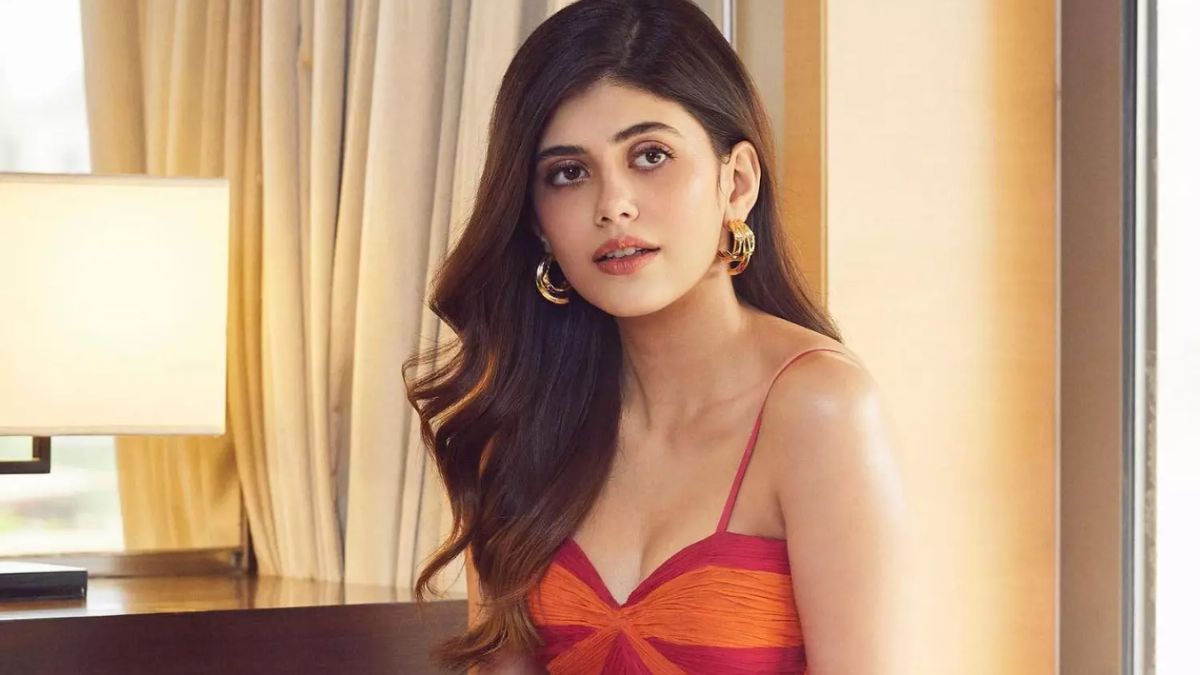)
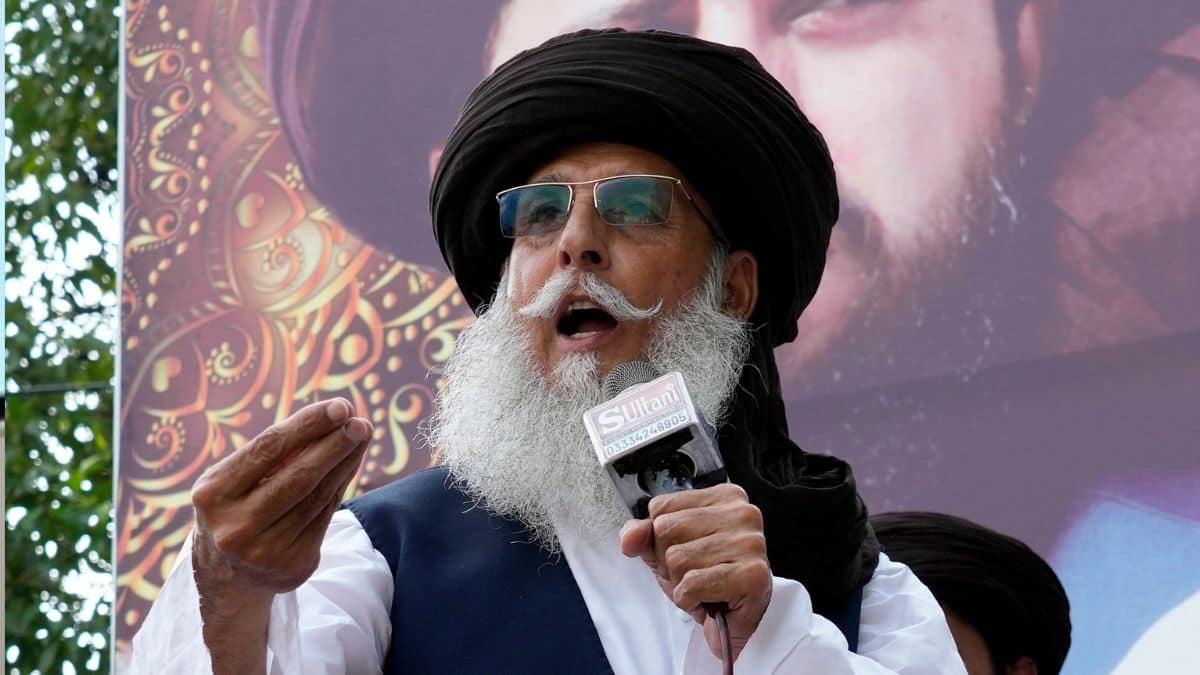
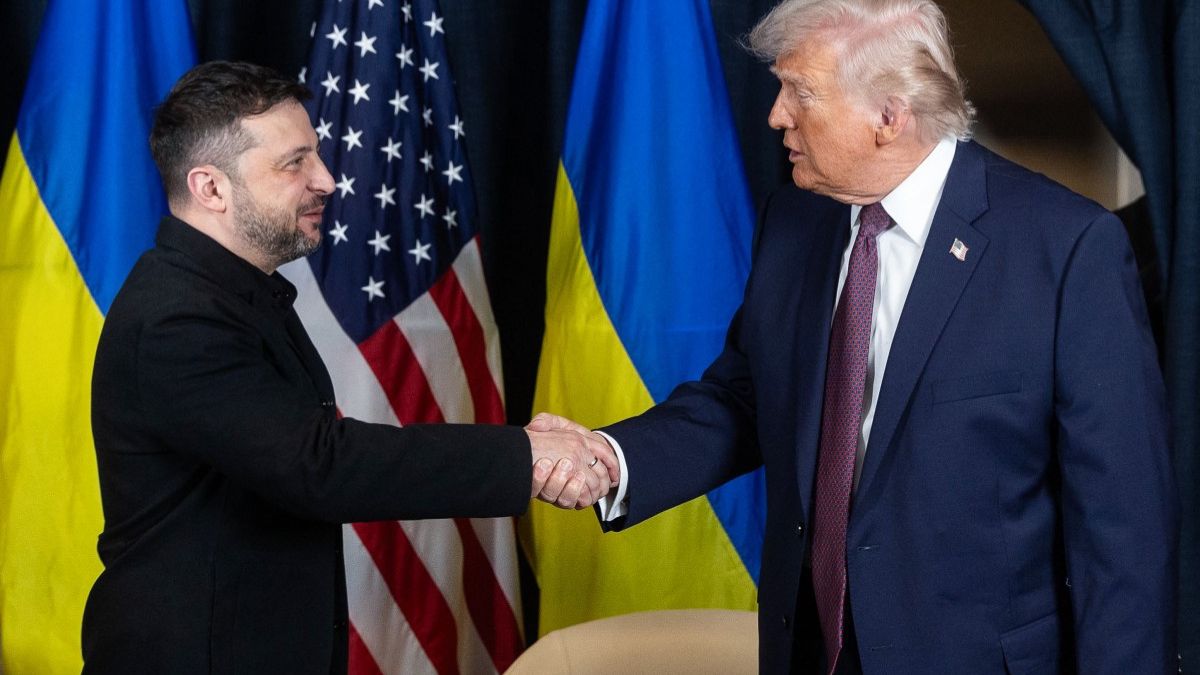)
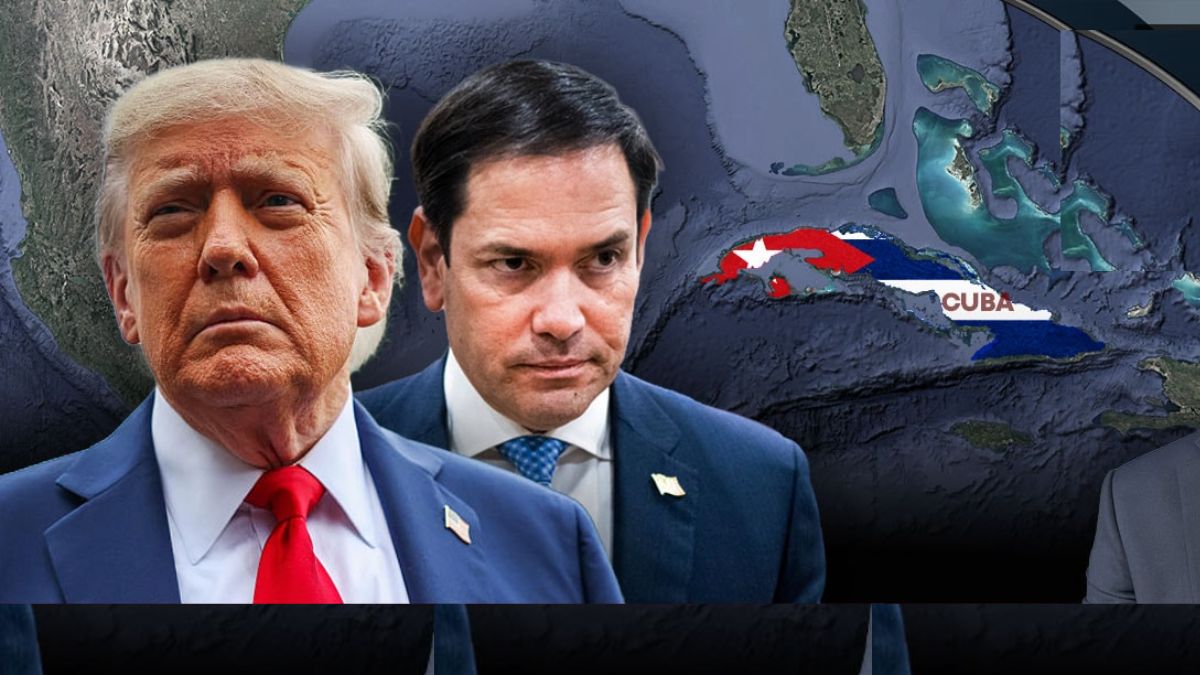)
)
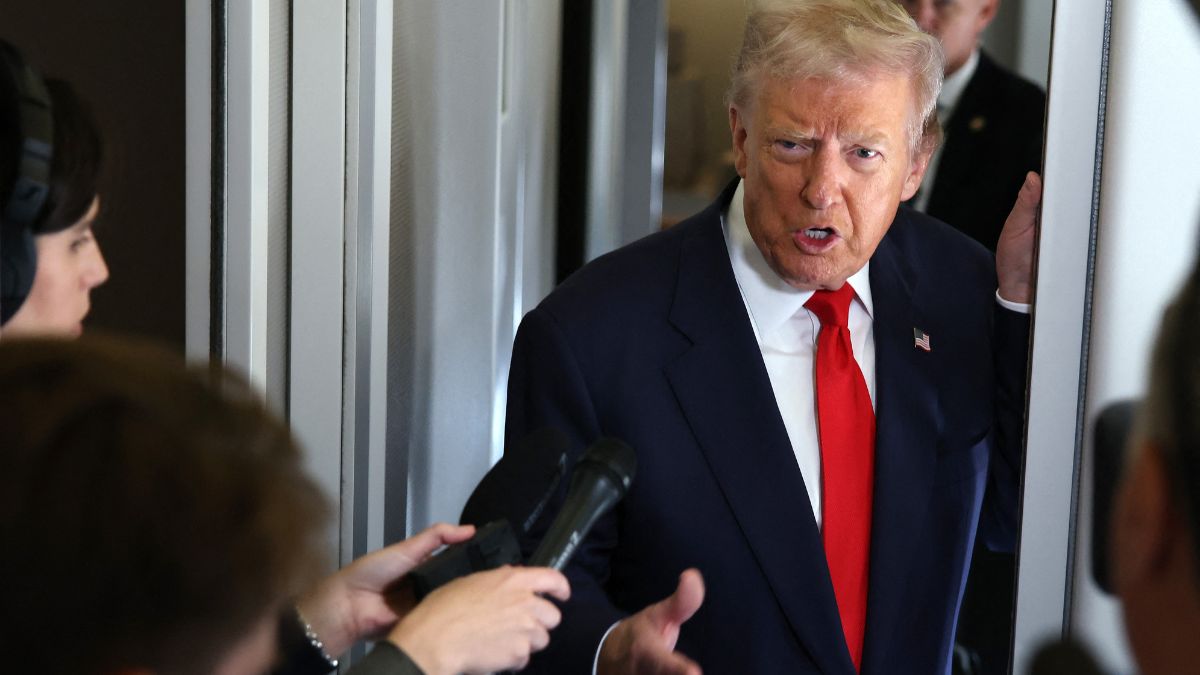)
)
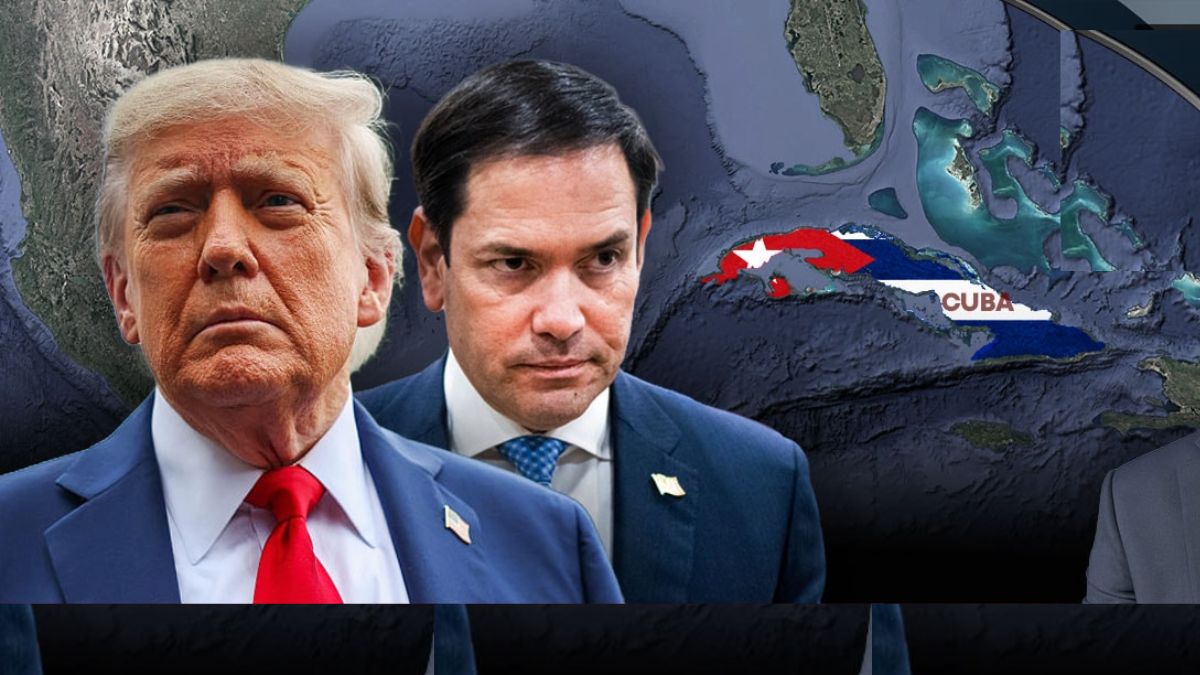)
)
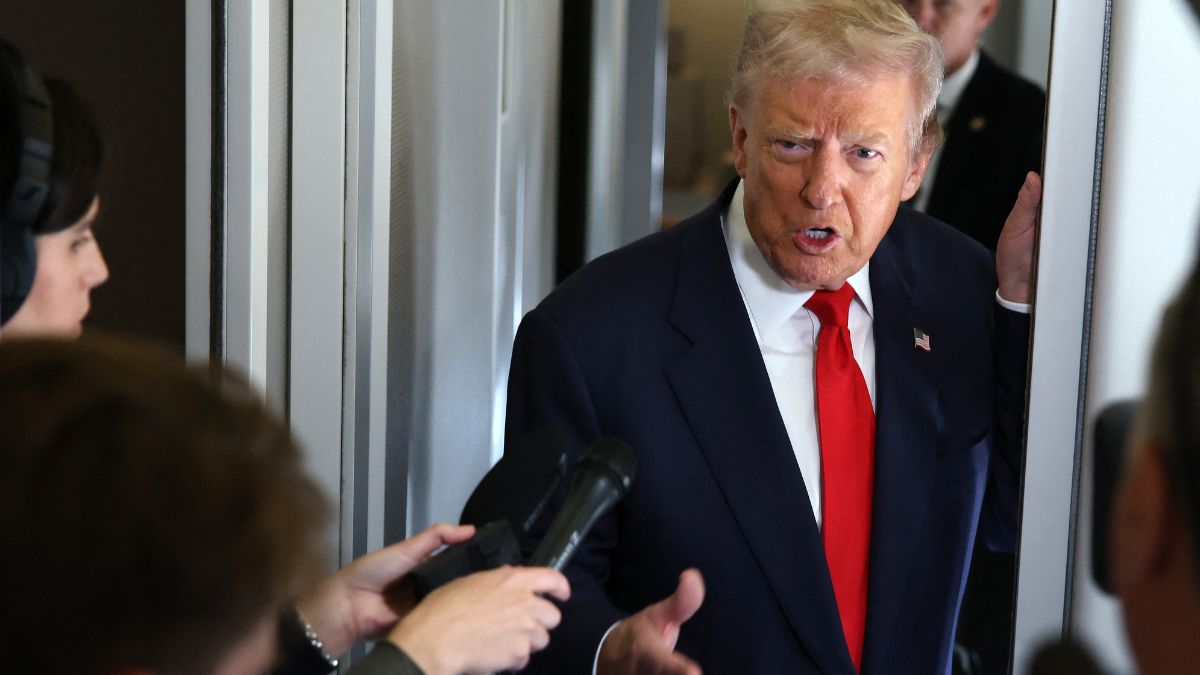)



